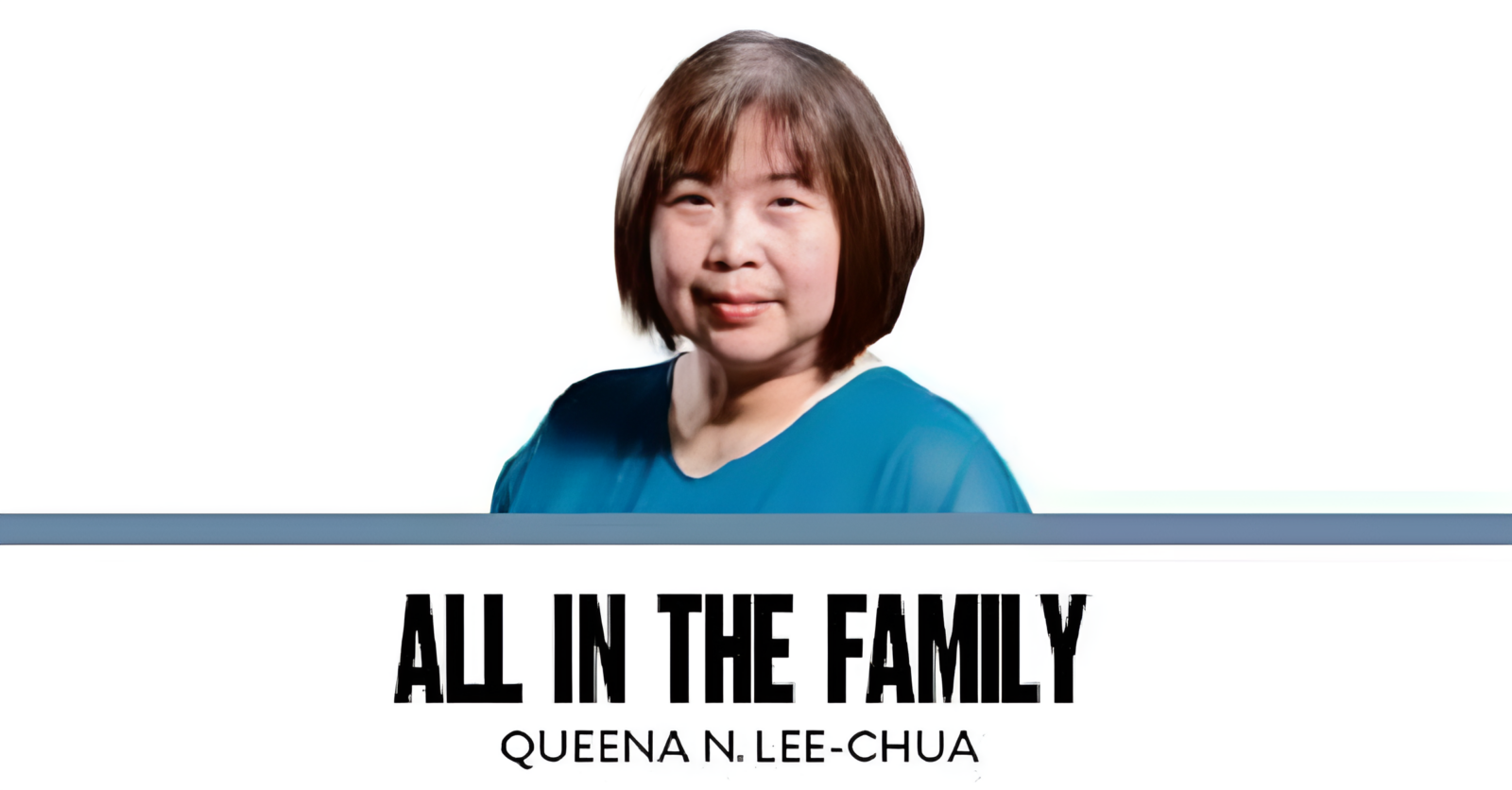Pope Francis and those who came before

How I would like a Church that is poor and for the poor,” Pope Francis said shortly after becoming the leader of 1-billion-plus Catholics worldwide in 2013.
This assertion consistently defined his papacy—one of humility, mercy, service, modeled after Jesus Himself—and renewed hope in countless souls long disillusioned by the Church’s trappings of grandeur and wealth amid sexual and financial scandals.
My generation grew up with Paul VI, whose visit to Manila in 1970 was the first by a Pontiff. On television, he appeared grave, a strict father who demanded proper behavior, particularly when it came to artificial birth control, which we were warned was condemned by his encyclical Humanae Vitae.
In high school, our teacher, a kindhearted nun, discussed Vatican II and the call of John XXIII to heed the signs of the times. Wondering if this would ever come to pass, we took solace that at least during Mass, we could sing Filipino hymns to the strums of a guitar and view the priest’s face as he raised the Eucharist.
With John Paul I’s untimely demise, he was overshadowed by John Paul II, whose support of Solidarity in Poland contributed to democratic movements in Europe. He embarked on foreign trips, including two to the Philippines—in 1981 for the beatification of Lorenzo Ruiz and other martyrs, and in 1995 for World Youth Day, when “Tell the World of His Love” became our anthem. And when John Paul II forgave his would-be assassin in Rome, he exemplified what following Jesus entailed.
Staunchly conservative, John Paul was criticized for not acting strongly against priestly sex abuse, which would also endanger the reign of Benedict XVI. Tainted by his past as a Hitler Youth and as prefect of Sacred Congregation for the Doctrine of the Faith (aka the Roman Inquisition), Benedict angered other religions with thoughtless pronouncements, and his resignation came as a relief to those who yearned for the more inclusive stance promised by Vatican II and needed in our polarized times.
Then came Francis, the first Jesuit and South American Pope, whose empathy with the suffering showed mercy in action.
In 2015, he visited Super Typhoon “Yolanda” survivors in Tacloban, endearing him to us forever, with his Mass in Manila drawing a crowd of more than seven million.
Upon his death, whatever their politics, Filipinos united (for a time, at least) in prayer.
Francis’ first official visit outside Rome was to migrants in Sicily’s Lampedusa to highlight “global indifference” to their plight, while his final visit, days before his death, was to prisoners in Rome’s Regina Coeli, where even if he could not physically wash their feet, he wanted to be with them and “do what Jesus did on Holy Thursday.”
Francis strongly condemned sex abuse, but he was arguably more successful in appointing women leaders and overhauling Vatican finance structures.
I likened him to a successful CEO (Jan. 14, 2014 column) because he walked the talk and trained future leaders. As a Jesuit supervisor in Argentina, he encouraged seminarians to reach out to the poor in barrios. As Pope, he eschewed the usual way of appointing cardinals from so-called big dioceses like Paris or Berlin in favor of those who shared his thrust toward the vulnerable, many of them from developing countries in Africa, Asia and Latin America.
In a divided world rent by war and greed, Pope Francis spoke again and again of mercy. “God’s mercy is our liberation and our happiness. We live for mercy, and we cannot afford to be without mercy. It is the air that we breathe … We need to forgive, because we need to be forgiven.”
He said, “How many of us perhaps deserve a condemnation! And it would be just. But He forgives! How? … It is like the sky: we look at the sky, so many stars, but when the sun comes in the morning with so much light, the stars are no longer seen. So it is with God’s mercy: a great light of love, of tenderness, because God forgives not with a decree, but with a caress.”
Queena N. Lee-Chua is with the board of directors of Ateneo’s Family Business Center. Get her book “All in the Family Business” at Lazada or Shopee, or the ebook version at Amazon, Google Play, Apple iBooks. Contact the author at blessbook.chua@gmail.com.


















